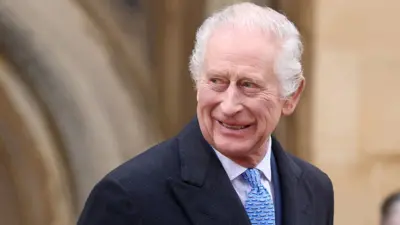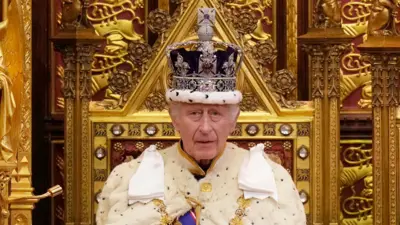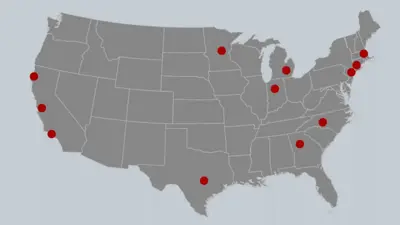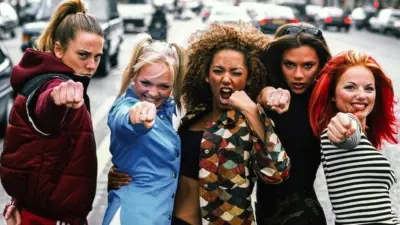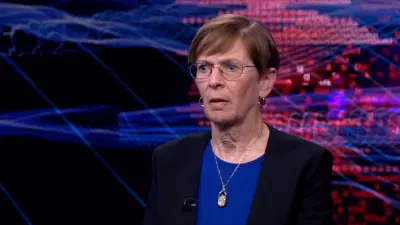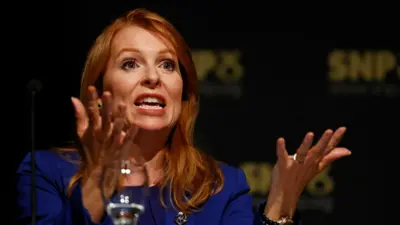We've updated our Privacy and Cookies Policy
We've made some important changes to our Privacy and Cookies Policy and we want you to know what this means for you and your data.
Covid: Pubs and restaurants in central Scotland to close
All pubs and restaurants across central Scotland are to be closed under new measures aimed at tackling a surge in coronavirus cases.
The new rules will apply to licensed premises across the central belt, including Glasgow and Edinburgh.
Pubs and restaurants will be able to open in other parts of Scotland - but can only serve alcohol outdoors.
The new rules, which will be in force from 18:00 on Friday until 25 October, apply to about 3.4 million people.
They cover people living in the Greater Glasgow and Clyde, Lanarkshire, Forth Valley, Lothian and Ayrshire and Arran health board areas.
First Minister Nicola Sturgeon said the restrictions were "intended to be short, sharp action to arrest a worrying increase in infection".
She warned that without taking action, the country risks "returning to the peak level of infection by the end of the month".
But she admitted that the new rules would be disruptive to many businesses and would be unwelcome to many people.
Image source, PA Media
The Scottish Hospitality Group, which includes many of the the country's best known pubs and restaurants, accused the first minister of "effectively signing a death sentence" for many businesses.
And the Federation of Small Businesses said the move would have a major knock on impact across other parts of the economy, including tourism.
Opposition parties have called for more detail on a £40m support package for affected business that was announced by Ms Sturgeon, and have questioned the need for the blanket closure of pubs and restaurants.
The new rules for the five central belt areas are:
- all licensed premises - with the exception of hotels for residents - will be required to close indoors and outdoors, although takeaways will be permitted
- cafes which do not have an alcohol licence will be able to stay open until 18:00
- snooker and pool halls, indoor bowling alleys, casinos and bingo halls will also close in the five health board areas for two weeks from 10 October
- contact sports for people aged 18 and over will be suspended for the next two weeks - with an exception for professional sports
- indoor group exercise activities will not be allowed, although the current rules will remain in place for under 18s and gyms can remain open for individual exercise
- outdoor live events will not be permitted for the next fortnight.
There will be no travel ban in any of the areas, but people in the central belt have been urged to avoid public transport unless it is "absolutely necessary".
And they have also been advised not to travel outside of the health board area they live in if they do not need to.
Throughout the pandemic Scotland has tended to adopt a slightly more cautious approach than England.
It has imposed more restrictions and lifted them more slowly in general. The latest move is in line with that trend.
There is little difference in overall infection rates. Scotland has seen 85 cases per 100,000 in the past week, compared to England's 109.
The measures imposed by the Scottish government are focussed on areas with the highest infection rates.
But those places are some way below the levels seen in England's hotspots.
Cities such as Liverpool, Manchester and Newcastle have seen around 500 cases per 100,000 people over the past week - that is more than twice the level of infection in Glasgow for example.
But the differences between the two nations should not mask the growing concern there is in England about the infection rates, particularly in the north of country.
Senior ministers and their advisers are today discussing whether extra steps are needed south of the border.
The problem is action to supress the virus has negative consequences too.
This much can be seen in the growing number of scientists and health experts who are signing the Great Barrington Declaration warning about the impact of Covid lockdown policies.
In other parts of the country, pubs, bars, restaurants and cafes will be able to open indoors until 18:00 - but only to serve food and non-alcoholic drinks.
However, they will be able to serve alcohol in outdoor settings such as beer gardens until 22:00, with the current rules on no more than six people from two households remaining in place.
And the existing rules will continue to apply to weddings that have already been booked, and funerals, in all parts of Scotland.
Ms Sturgeon said regulations would be introduced to extend the mandatory use of face coverings in indoor communal settings such as staff canteens and workplace corridors.
Shops across Scotland will be asked to return to 2m physical distancing from this weekend, and to reintroduce measures such as one-way systems.
It comes as Scotland recorded more than 1,000 new confirmed cases of the virus in a single day for the first time - although the country is doing far more testing now than at the height of the pandemic earlier in the year.
The R number is currently believed to be higher in Scotland than in other UK nations, and the number of people dying or in hospital with the virus has increased over the past week.
The number of UK cases rose by 14,162 on Wednesday. This was a slight drop on Tuesday's figure, but the seven-day rolling average is still pointing upwards.
Speaking in the Scottish Parliament, Ms Sturgeon said the "vast majority" of pubs and restaurants had worked hard to ensure the safety of their staff and customers.
Image source, PA Media
But she added: "Indoor environments, where different households from different age groups can mix, inevitably present a risk of transmission.
"That risk can be increased in some hospitality premises if good ventilation is difficult, and if it is hard to control the movement of people.
"And the presence of alcohol can of course affect people's willingness to physically distance."
Scottish Conservative group leader Ruth Davidson criticised a lack of detail over the £40m support package that was announced by the first minister.
Ms Davidson said: "These businesses deserve better. They need to know how much they can apply for, when they can apply for it and how long they will have to wait before support reaches them.
"Those answers could have been provided today, but Nicola Sturgeon failed to do that."
And Scottish Labour leader Richard Leonard said the government should target premises which break the rules "instead of shutting down every single business".
The temporary shutdown of pubs and restaurants across central Scotland with a new 6pm curfew elsewhere are significant new restrictions.
Together with the existing Scotland-wide ban on visiting other households, these add up to the toughest combination of measures in place across any of the four UK nations.
The Scottish government has decided to take further action because it fears case numbers are rising so fast that without further action, spread would be back to March/April levels by the end of this month.
The hospitality industry is not convinced there is sufficient evidence to justify pubs and restaurants being so heavily targeted.
The new measures are temporary, partly because the Scottish government has limited scope to compensate businesses.
It hopes the UK government can be persuaded to offer additional support for hard hit sectors in the coming weeks and that all four nations can agree a new system for assessing and responding to the coronavirus threat on a more localised basis.
Are you a pub or restaurant worker in central Scotland? Share your stories by emailing haveyoursay@bbc.co.uk.
Please include a contact number if you are willing to speak to a BBC journalist. You can also get in touch in the following ways:
- WhatsApp: +44 7756 165803
- Tweet: @BBC_HaveYourSay
- Please read our terms & conditions and privacy policy
If you are reading this page and can't see the form you will need to visit the mobile version of the BBC website to submit your question or comment or you can email us at HaveYourSay@bbc.co.uk. Please include your name, age and location with any submission.
Top Stories
Features & Analysis
Most read
Content is not available
